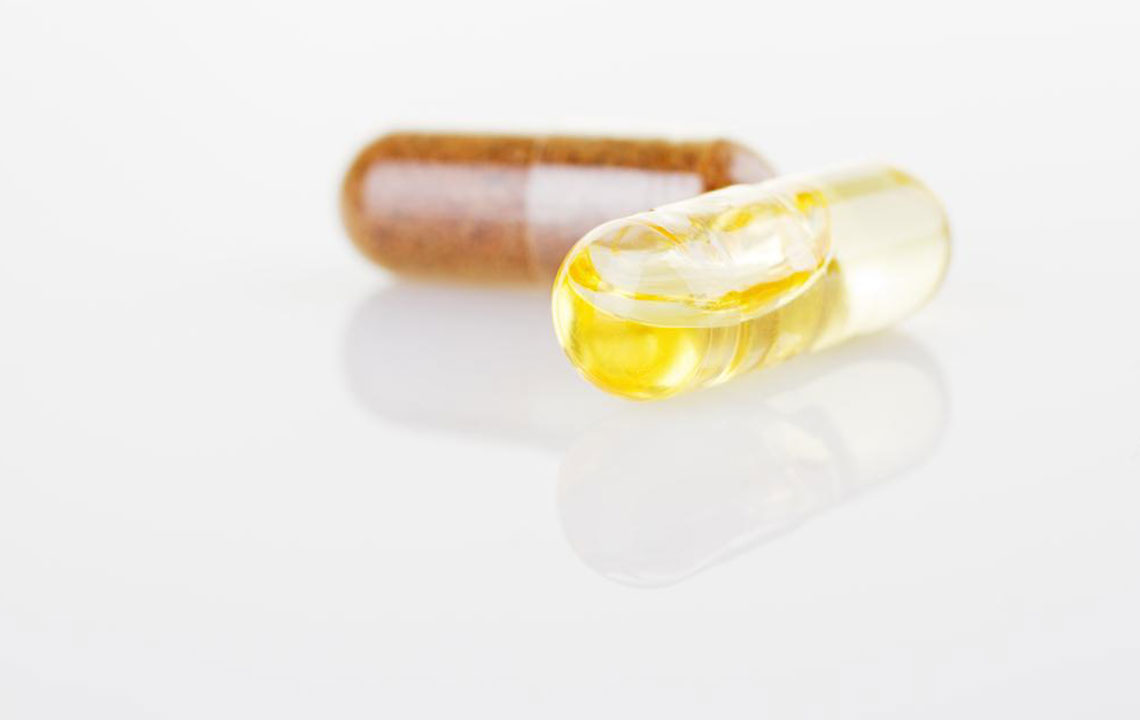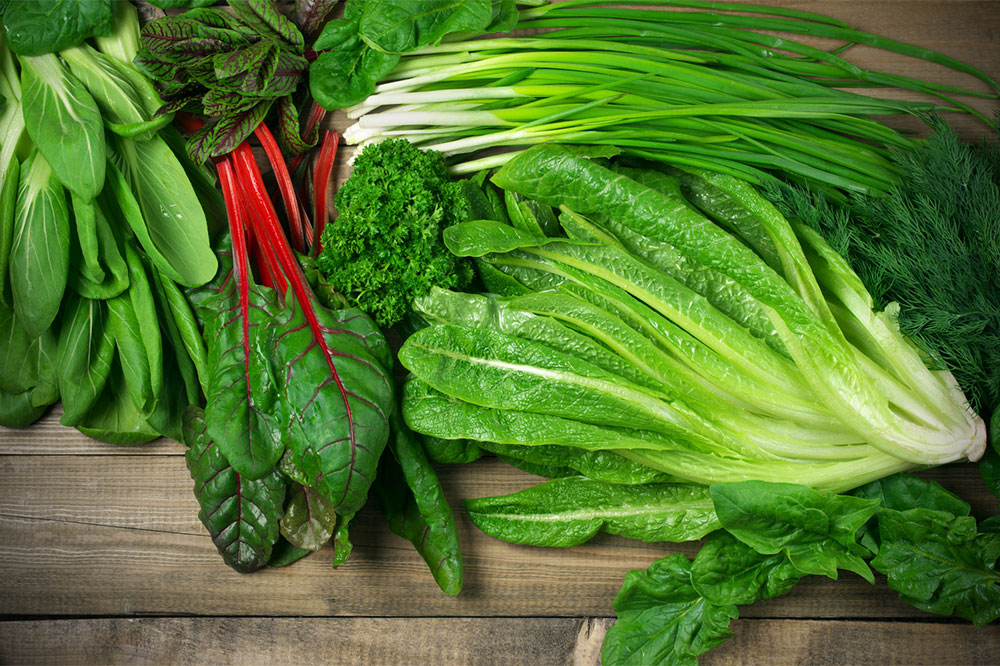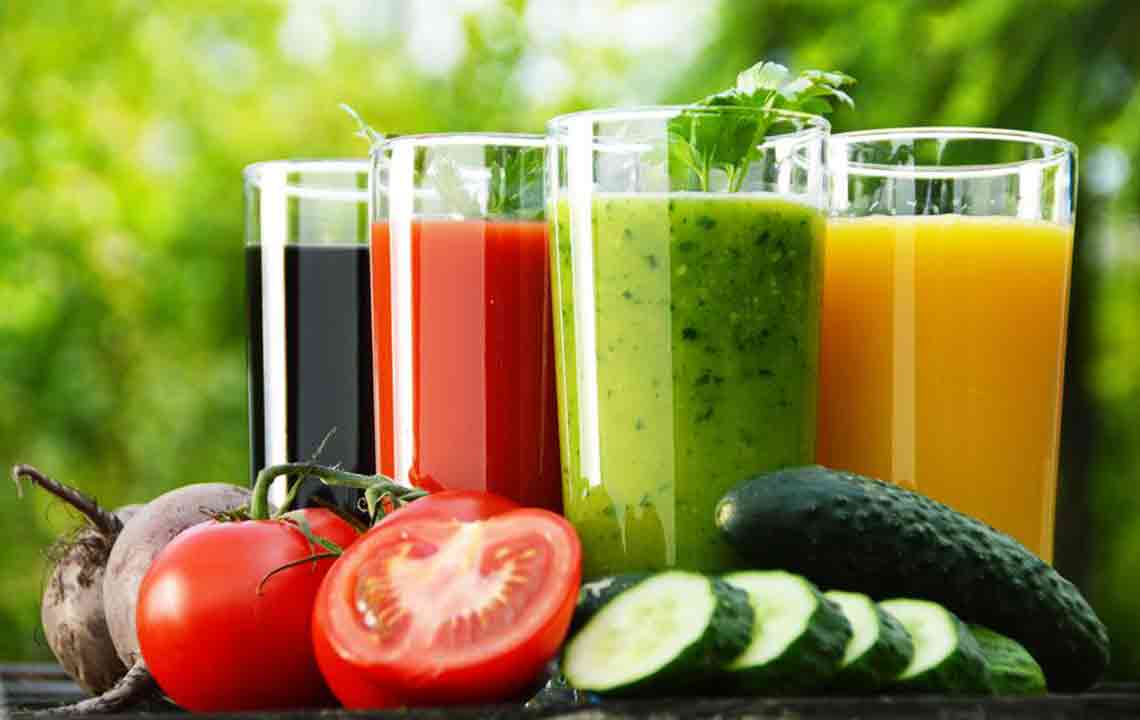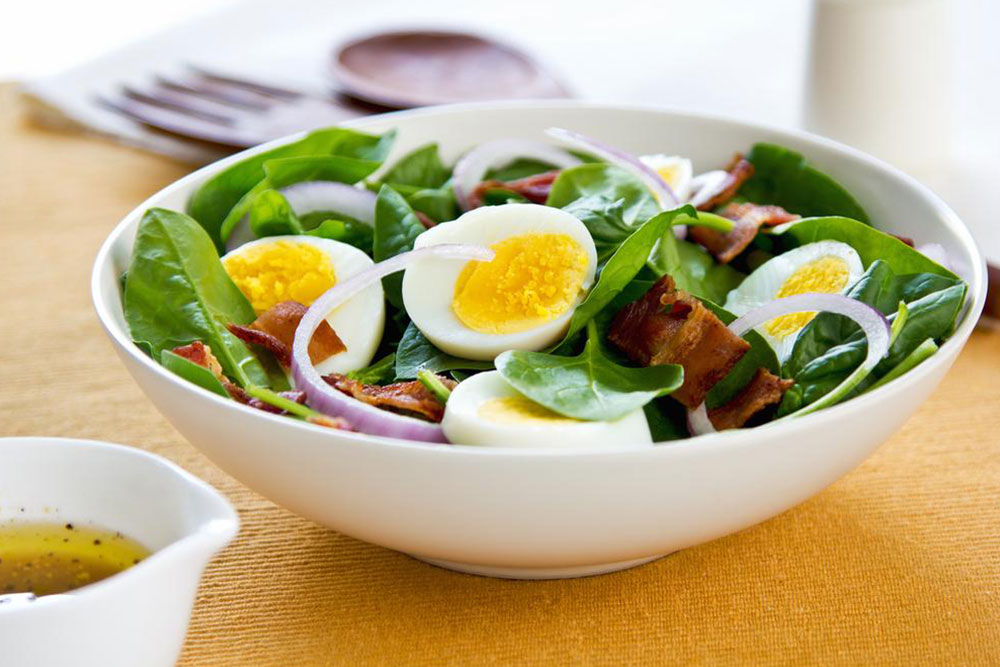Top Vitamins Supporting Kidney Health
Discover the essential vitamins that support kidney health, aid in recovery, and prevent related issues. This guide highlights key nutrients like B12, C, D, E, and B6, along with their benefits and food sources. Maintaining proper vitamin levels through a balanced diet can enhance kidney function, reduce risks of stones, and promote overall wellness. Proper nutrition is vital for long-term kidney health and the body's detoxification process, especially for those with existing kidney issues. Incorporate these vitamins to safeguard your kidney health and improve quality of life.

Top Vitamins Supporting Kidney Health
The kidneys are vital organs responsible for filtering waste, balancing minerals, and regulating blood pressure. When kidney function declines, toxins may build up in the blood, risking damage or failure. Proper nutrition, especially specific vitamins, plays a key role in maintaining kidney health. Here are essential vitamins that support kidney function and aid in recovery:
Vitamin B12
Also known as cobalamin, vitamin B12 is essential for nerve health and red blood cell production. Deficiency can cause nerve damage and anemia, impairing kidney recovery. It promotes oxygen and nutrient delivery to kidneys, helping repair damage. Adults should aim for 2.4 mcg daily. Foods rich in B12 include eggs, liver, and seafood.
Vitamin C
This antioxidant supports kidney repair and improves their function. It reduces urinary protein levels common in kidney diseases and dissolves calcium phosphate stones by acidifying urine. Daily intake of 1,000 mg is recommended. Foods high in vitamin C include citrus fruits, spinach, and strawberries.
Vitamin D
Vital for calcium and phosphorus balance, vitamin D strengthens bones and aids kidney function. Deficiency can lead to bone weakness or calcifications affecting organs. The suggested daily dose is 15 mcg, with sources like eggs, fortified cereals, and fatty fish.
Vitamin E
As a fat-soluble antioxidant, vitamin E protects kidneys from free radical damage, reduces inflammation, and supports tissue repair. It can also help lower blood pressure in kidney disease patients. Aim for 15 mg daily. Rich sources include nuts and leafy greens.
Vitamin B6
Studies suggest vitamin B6 intake may reduce kidney stone risk. Consuming over 40 mg daily could lower the chance of stones, though more research is needed. Foods like fish, liver, potatoes, and fruits are good sources.
Consuming a balanced diet rich in these vitamins ensures the kidneys receive proper nourishment, aiding in waste elimination and tissue repair. A healthy lifestyle supports long-term kidney health, especially in reducing symptoms of impairment such as fluid retention, fatigue, and shortness of breath. Adequate vitamin intake is crucial for optimal kidney function and overall well-being.









